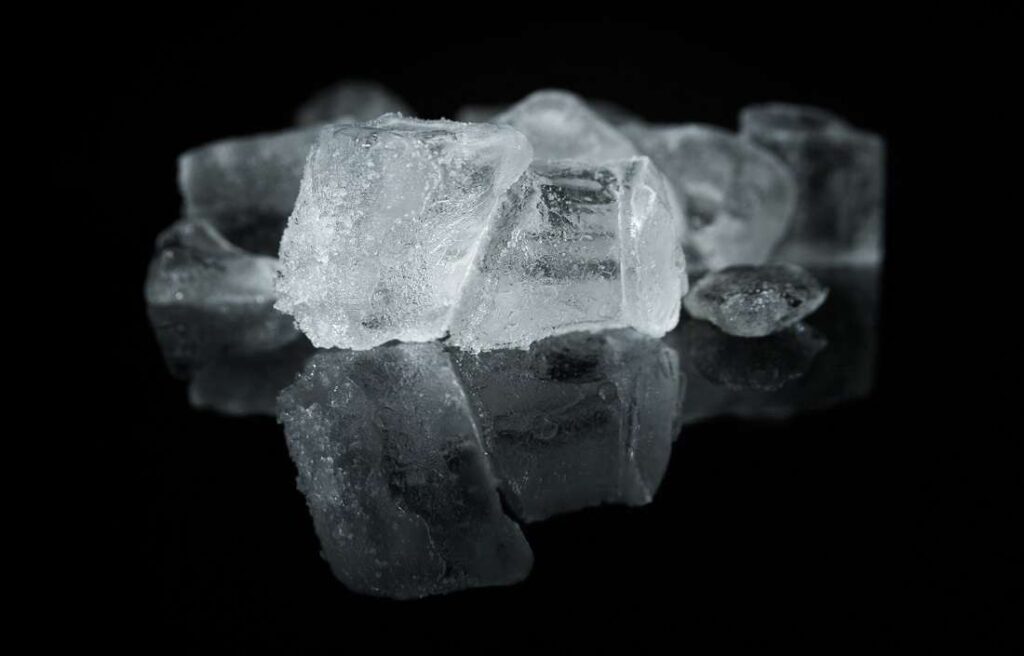
Yes, summer depression is a real phenomenon. It is sometimes known as summer-onset seasonal affective disorder (SAD). While most people associate seasonal affective disorder with the winter months, some individuals experience depressive symptoms during the summer season. Summer depression can affect anybody, whether male or female.
Summer depression shares similarities with traditional SAD, but the symptoms occur during the summer months instead of winter. Common symptoms of summer depression may include a general sense of sadness or low mood, decreased appetite, trouble sleeping, weight loss, irritability, anxiety, and agitation.
The exact cause of summer depression is not fully understood, but various factors could contribute to its development. One possibility is the disruption of the body’s internal clock due to longer daylight hours, which can affect the production of melatonin and other hormones involved in regulating mood and sleep patterns. High heat and humidity during summer months can also impact sleep quality and overall comfort, potentially contributing to depressive symptoms.
If you believe you are experiencing summer depression or any form of seasonal affective disorder, it’s important to consult a mental health professional for an accurate diagnosis and appropriate treatment options. They can provide guidance and help develop strategies to manage and alleviate your symptoms.
How do I know if I have summer depression?
Identifying summer depression or summer-onset seasonal affective disorder (SAD) typically involves recognizing a pattern of depressive symptoms that emerge during the summer months.
Here are some signs that you may be experiencing summer depression:
1. Unexplained changes in mood
If you notice a significant shift in your mood during the summer, such as feeling consistently down, sad, or irritable, it could be an indication of summer depression.
2. Loss of interest or pleasure
If activities that you typically enjoy during the summer no longer bring you pleasure or you find it difficult to engage in them, it may be a sign of depressive symptoms.
3. Sleep disturbances
Summer depression can disrupt sleep patterns. You may experience difficulty falling asleep, staying asleep, or have restless, unrefreshing sleep.
4. Changes in appetite or weight
Some individuals with summer depression may experience a decrease in appetite and subsequent weight loss. Others can take up excessive indulgence in certain kinds of foods, mostly food served cold such as ice cream or cold beverages. Chewing ice cubes (pagophagia) is also common.

5. Agitation or anxiety
Feelings of restlessness, irritability, or increased anxiety can be associated with summer depression.
6. Fatigue or low energy
If you consistently feel tired or lack the usual energy levels during the summer, it could be a symptom of depressive feelings.
7. Social withdrawal
You may find yourself avoiding social activities, isolating yourself, or withdrawing from friends and family.
It’s important to note that these symptoms can also be caused by other factors, so it’s essential to consult a mental health professional for a proper evaluation. They can assess your symptoms, take into account your personal history, and provide a diagnosis based on their expertise.
How can you get better from summer depression?
If you are dealing with summer depression or summer-onset seasonal affective disorder (SAD), there are several strategies you can try to help alleviate your symptoms. It’s important to note that the following suggestions may vary in effectiveness for different individuals, and it’s recommended to consult a mental health professional for personalized guidance.
Here are some general strategies that may be helpful when dealing with summer depression:
a. Seek professional help
Reach out to a mental health professional, such as a therapist or psychiatrist, who can provide an accurate diagnosis and develop a treatment plan tailored to your specific needs.
b. Stay cool
Since high temperatures can exacerbate symptoms of summer depression, it is crucial to take measures to stay cool, such as using fans or air conditioning, wearing lightweight and breathable clothing, and staying hydrated always.
c. Take cold baths
Opting for a cold shower or lounging in a pool of cool water has been found to help alleviate some of the symptoms of summer depression.

d. Modify your routine
Adjust your summer activities and schedule to include more indoor or cooler activities during the hottest parts of the day. Consider pursuing activities that you find enjoyable and fulfilling, which can help improve your mood.
e. Maintain a regular sleep schedule
Establish a consistent sleep routine and ensure you’re getting enough quality sleep. Create a cool, dark, and comfortable sleeping environment to optimize your rest.
f. Practice stress management
Engage in stress-reducing techniques such as deep breathing exercises, mindfulness meditation, yoga, or engage in hobbies that bring you joy and relaxation.
g. Connect with others
Maintain social connections and seek support from friends, family, or support groups. Engaging in positive social interactions can help combat feelings of isolation and improve your overall well-being.
h. Consider medication
In some cases, healthcare professionals may prescribe antidepressant medication to help manage symptoms of summer depression. Talk to a psychiatrist to determine if medication is an appropriate option for you.
Remember that everyone’s experience with summer depression may differ, and finding the most effective strategies for managing your symptoms may involve some trial and error. Working with a mental health professional will provide you with individualized guidance and support throughout your journey toward better mental well-being.


